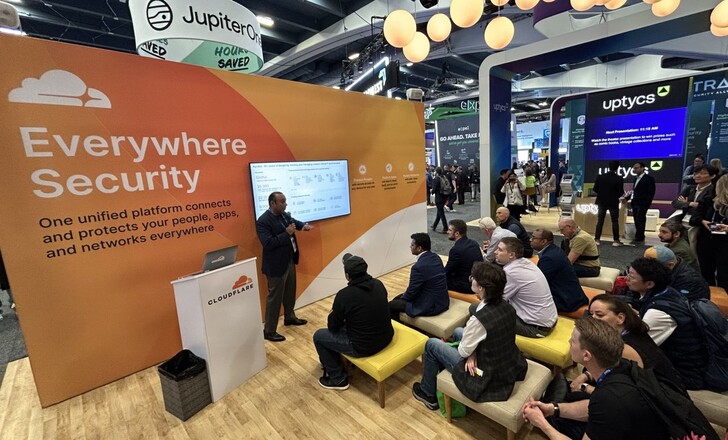The South Australian government is pushing forward with plans to prohibit children under the age of 14 from using social media. Additionally, teenagers aged 14 and 15 would require parental consent to have social media accounts. South Australian Premier Peter Malinauskas has warned that social media companies that do not comply with the new regulations will face severe consequences. Malinauskas has discussed the proposal with other state premiers and Prime Minister Anthony Albanese, and is urging the adoption of this strategy nationwide.
Malinauskas has justified the decision by citing mounting evidence of the negative impact of social media on young people. However, there is a lack of consensus among experts, with some researchers stating that there is not enough strong evidence to support the claim that social media is harmful to young people.
Similar laws have been implemented in other regions. In the United States, both Florida and Texas have passed similar legislation. Florida, like South Australia, has banned children under 14 from using social media and requires parental consent for 14- and 15-year-olds. In Texas, all teenagers under 18 must obtain parental consent to create social media accounts. However, these laws have faced criticism, with some arguing that they infringe on the rights of individuals.
Spain also recently increased the minimum age for setting up a social media account from 14 to 16. Additionally, technology companies in Spain are now required to install age verification and parental controls on social media and video-sharing platforms.
The proposed ban in South Australia would impose a duty of care on social media companies, compelling them to prohibit children under 14 from accessing their platforms. Companies like Instagram, TikTok, Facebook, Snapchat, and others would need to take reasonable steps to prevent access by South Australian children under 14. They would also need to ensure that 14- and 15-year-olds can only access platforms with parental consent. A state regulator would oversee the bans and limited access, monitoring compliance and imposing sanctions such as warnings, fines, and court proceedings. Legal action could also be taken against providers by regulators or parents on behalf of children who have suffered significant harm.
However, there are challenges to implementing this ban. The process of agreeing upon specific exemptions and defining low-risk content is unclear. Additionally, verifying children’s ages and implementing parental consent mechanisms pose significant challenges. Age verification processes are not foolproof and raise concerns about privacy and data security.
It is also uncertain how social media companies will respond to this attempt to control platform access. In other jurisdictions with similar bans, such as Florida or Spain, these companies have remained silent. It may be necessary for individuals and governments to take legal action against social media companies to prove that their platforms have harmed children and test the long-term viability of these bans.

